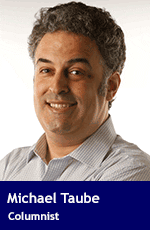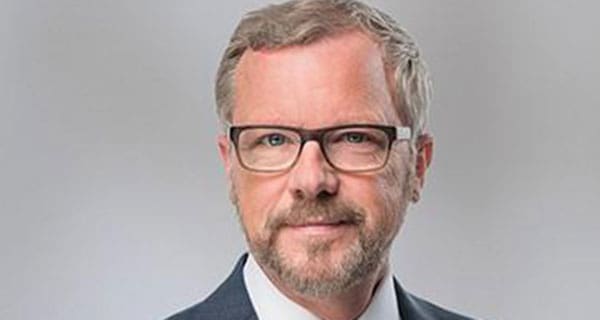 Conservative Party members will choose a new federal leader on May 27, 2017. There are candidates with decent credentials, several lightweights and a few divisive figures.
Conservative Party members will choose a new federal leader on May 27, 2017. There are candidates with decent credentials, several lightweights and a few divisive figures.
Alas, the one individual the Tories truly need to take back the reins of government isn’t running: Saskatchewan Premier Brad Wall.
He’s been asked on several occasions if he would consider jumping from provincial to federal politics. Every time, Wall’s response has been of the “thanks, but no thanks” variety.
In October 2015, Canadian Press reporter Jennifer Graham quoted Wall as saying, “It’s flattering when you hear people say that and it’s humbling, it really is. But no, the answer is no. I think I have the best political job in Canada. I’m grateful to have this job. I’m going to work hard to try to renew the contract in a few months. I’d like to continue to do the job.”
National Post columnist John Ivison noted in April that Wall told reporters after winning his second straight majority government, “I’m not running federally” and “I ran for the term.” The premier also told reporters in May that while he found the attention “flattering and … humbling,” he has “the job that I would like to continue to have for a while.”
The lack of wiggle room is painfully obvious. So it comes down to whether Wall could still be encouraged to choose a political path that goes beyond his personal comfort zone and aids in the greater good of preserving conservative values.
I’ve suggested on other occasions that Wall is the second coming of my old friend and boss, former prime minister Stephen Harper. The former uses a model of populist conservatism, rather than strict fiscal conservatism, to achieve political and economic success. He supports a patients-first approach to public healthcare, defends crown corporations instead of calling for their destruction, and doesn’t throw caution to the wind when it comes to the private sector.
Wall has therefore tinkered with modern Canadian conservatism (like Harper did) and made it a viable, transformative political entity. Even if you take into account the long history of left-leaning and right-leaning populism in Saskatchewan, Wall’s populist conservatism has gone much further and broken new boundaries. While his political formula isn’t ideologically pure, it’s clearly been a successful electoral strategy in his province – and should easily translate on a federal scale.
This isn’t to say that Wall lacks fiscal conservative principles. He has plenty.
His principled campaign against Prime Minister Justin Trudeau’s carbon tax plan stands out. As he said in a statement this fall, “I cannot believe that while the country’s environment ministers were meeting on a so-called collaborative climate change plan, the prime minister stood in the House of Commons and announced a carbon tax unilaterally. The level of disrespect shown by the prime minister and his government today is stunning.”
The Saskatchewan Party leader realizes that a carbon tax is regressive, affecting overall market outcomes through social costs rather than pure private costs. The federal Liberal government could therefore use a carbon tax to regularly interfere with the ebbs and flows of the free market.
Anyone who supports fiscal conservatism should be opposed to this preposterous economic model. Wall is the only premier standing against a “nationally-imposed carbon tax” and is willing to go to court to fight it. Good for him.
Finally, let’s put aside this notion that Wall is somehow disqualified from running because he isn’t bilingual.
Yes, it’s easier for a child to learn a second language than an adult. Regardless, many programs could help Wall improve his reading and writing skills in French. Unilingual politicians, including former Reform Party leader Preston Manning, were able to do it. So can he.
Will Brad Wall reconsider his decision to not run for the federal Tory leadership? For the sake of our country, and the Canadian conservative movement, I hope so.
Michael Taube, a Troy Media syndicated columnist and Washington Times contributor, was a speechwriter for former prime minister Stephen Harper. He holds a master’s degree in comparative politics from the London School of Economics.
The views, opinions and positions expressed by columnists and contributors are the author’s alone. They do not inherently or expressly reflect the views, opinions and/or positions of our publication.


